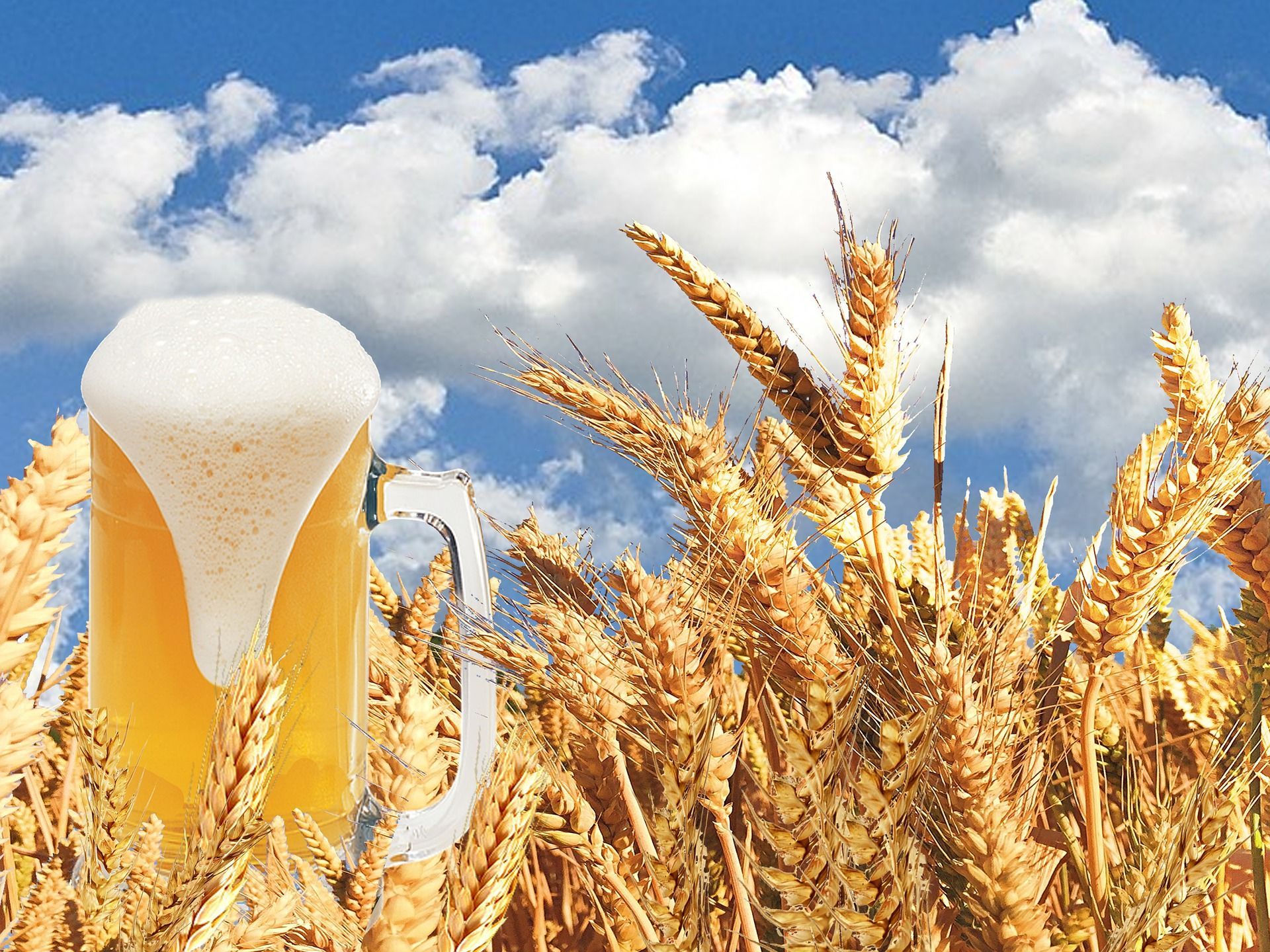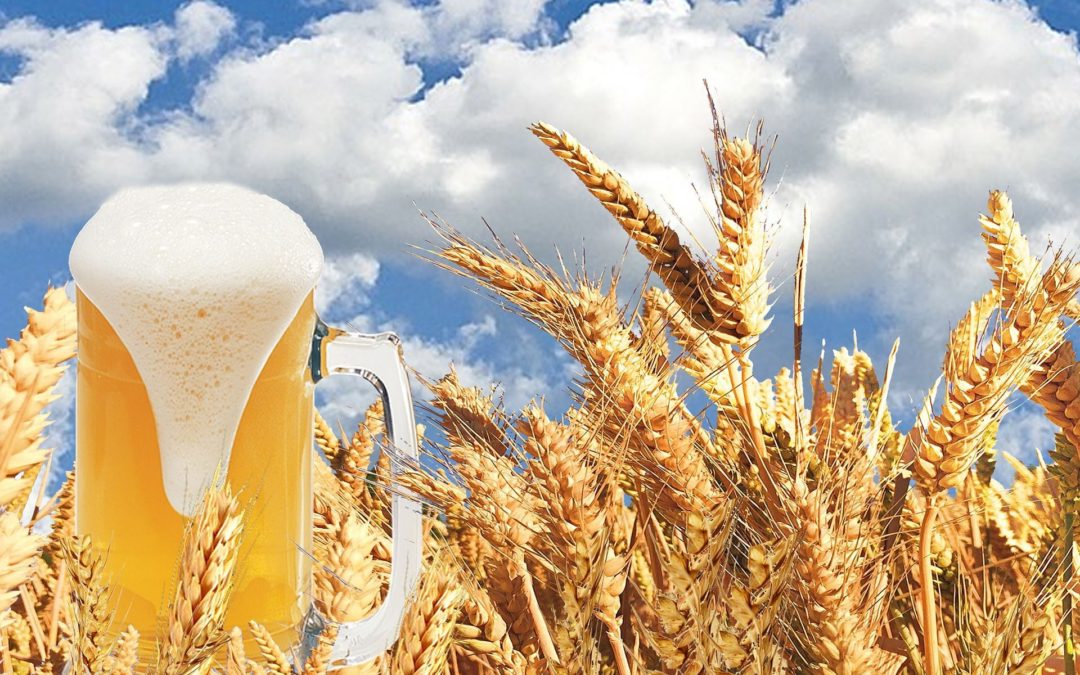
To brew beer, you need grain. But most of the grain that is being used in the brewing does not end up in the beer glass. Instead, it becomes a residual product. Every year, the world’s breweries produce almost 40 million tonnes of spent grain. Some go to animal feeds, and some of it is burnt for energy, but much is wasted. This is something that a research team from Virginia Tech in the USA wants to change, according to a press release.
The researchers have developed a method for converting the spent grains into feed and biofuel. The leftover grains are often used for either feed or fuel, but the researchers at Virginia Tech have now developed a technique that enables the residual products to be used for both.
Spent grains consist of 30 percent protein and 70 percent fiber. The research team’s found that they could use an enzyme to separate protein and fibers without losing much of the residuals.
When the enzyme has finished its job, 83 percent of the protein can be separated and concentrated, while the rest becomes a very high-fiber product. The protein concentrate is excellent as animal feed. For example, in fish farms, the feed could replace the less environmentally friendly feed that is often used today.
Making use of the fibers
But researchers are also investigating whether the protein can act as an ingredient in food for humans. The fiber part of the residual product can be burned, as some breweries already do, but the researchers have another idea. Instead of just burning the fiber leftovers, they developed a method to refine the used grain. They use a bacterium, Bacillus licheniformis, which generally lives in hot springs. The bacteria turned out to be very good at converting the sugar that is contained in the fiber residues into a substance called 2,3-butanediol. This substance can be used to produce synthetic rubber, plastics, and biofuels. The researchers are now working on streamlining the process, and the hope is that it will be financially profitable for all breweries, large and small, to refine and sell their spent grain. Among other things, the researchers are looking for other enzymes that could make the process even more sustainable, scalable and profitable.





